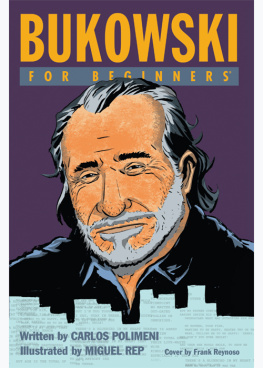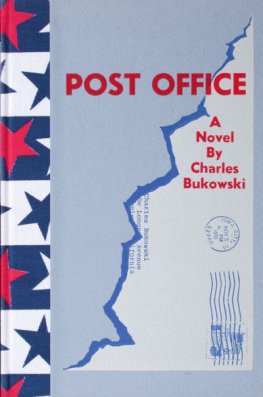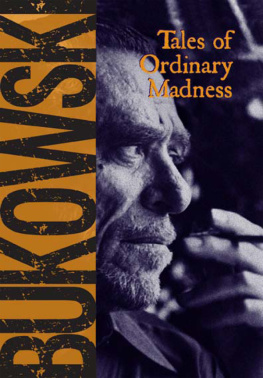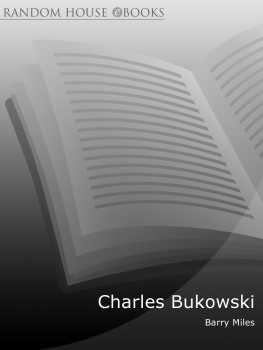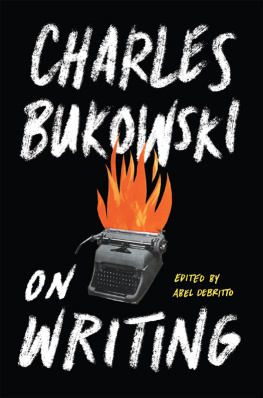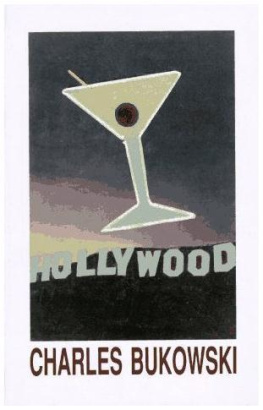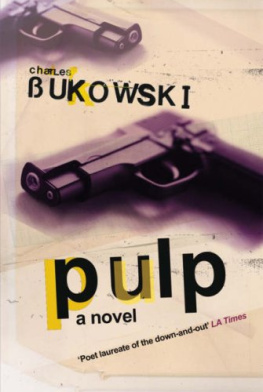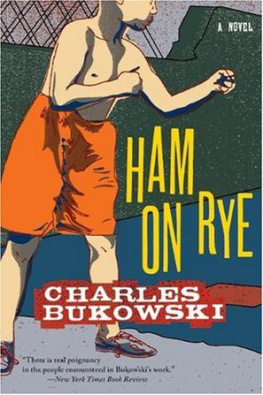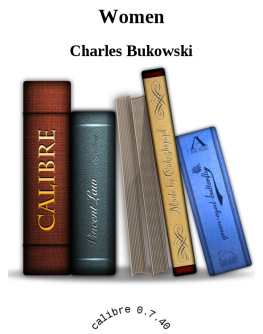
For Beginners LLC
155 Main Street, Suite 211
Danbury, CT 06810 USA
www.forbeginnersbooks.com
Text 2000 Carlos Polimeni
Illustrations 2000 Miguel Rep
This book is sold subject to the condition that it shall not, by way of trade or otherwise, be lent, re-sold, hired out, or otherwise circulated without the publisher's prior consent in any form of binding or cover other than that in which it is published and without a similar condition being imposed on the subsequent purchaser.
All rights reserved. No part of this publication may be reproduced, stored in a retrieval system, or transmitted in any form or by any means, electronic, mechanical, photocopying, recording, or otherwise, without prior permission of the publisher.
A For Beginners Documentary Comic Book
Originally published by Writers and Readers, Inc.
Copyright 2000
Cataloging-in-Publication information is available from the Library of Congress.
ISBN # 978-1-939994-37-0 Trade
Manufactured in the United States of America
For Beginners and Beginners Documentary Comic Books are published by For Beginners LLC.
First Edition
10 9 8 7 6 5 4 3 2 1
www.redwheelweiser.com
www.redwheelweiser.com/newsletter
Contents
Kindergarten
I am not primarily a poet, I hate god gooey damned people poets messing the smears of their lives against the sniveling world...what I write, is only one tenth of myselfthe other 9/to hell tenths are looking over the edge of a cliff down into the sea of rock and wringing swirl and cheap damnation...
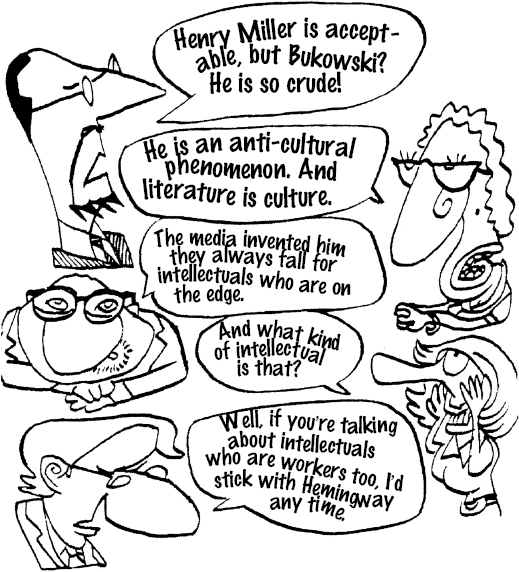
Though Henry Charles Bukowski has achieved cult status as a writer, and acquired a world-wide following, he is rarely ranked amongst the literary greats by academics and critics. Bukowski, in their eyes, remains a controversial writer.
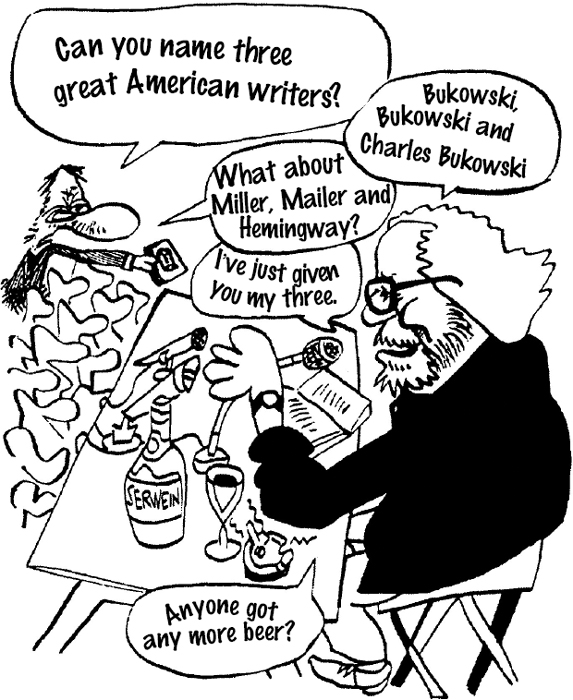
Perhaps the lack of establishment recognition is due partly to Bukowski's decadent, dangerous image, his refusal to conform to political correctness (I am the outsider') and partly to the fact that he was born in Germany.
And experts in German literature, consider Bukowski to be an American writer. Not surprising, since he wrote only in English and, like an Olympian god, ignored whatever was happening in the rest of the world. He was concerned primarily with his own world, his been own private hell: I have always one of those people who do everything wrong. This is essentially because I am not involved in the march.
His father, Henry Bukowski, found himself in Germany as an enlisted soldier, one of many sent over by the US at the end of World War I.
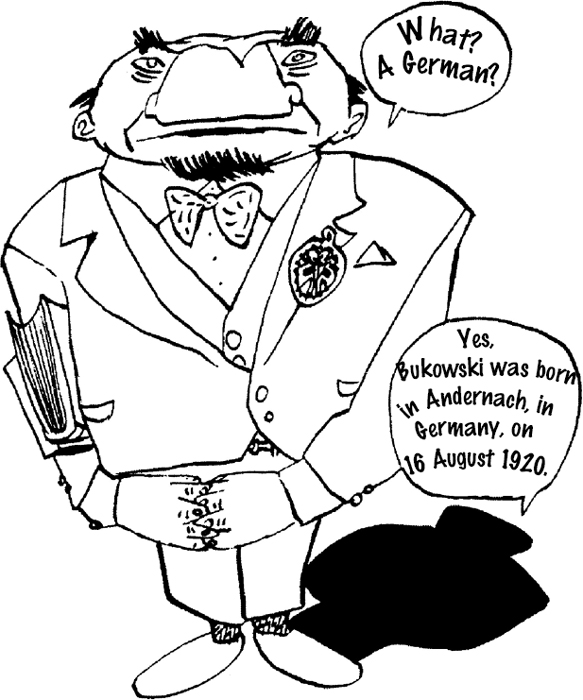
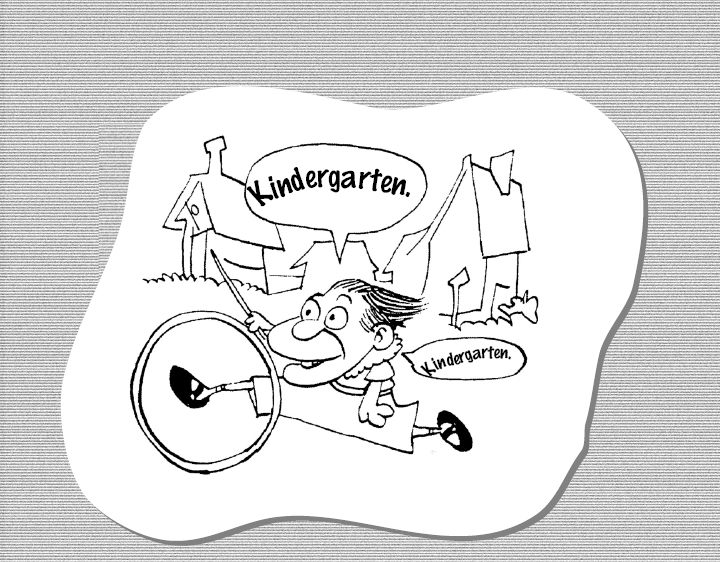
Henry senior was the son of a German, Leonard Bukowski, who had emigrated to America at the end of the 19th century. There, in Cleveland, he married another German immigrant, Emilie Krause. They set up home in Pasadena and had six children. So, unlike many other American soldiers, Henry Bukowski did not consider Germany to be hell. It was his fatherland. Through one of her brothers, Henry met Katherine Fett, who worked in a bar. He was very tall, she very short. Katherine became his second wife and they lived in Germany until their only son, Charles, was two years old. They moved to the US and, in 1925, settled in Los Angeles.
Bukowski's failure to adapt socially stemmed from his own early life. When he tried to make friends with other children on the east side of Los Angeles where he lived, he found it difficult to fit in: he was shy, his upbringing was not that of the typical American middle classes and he was ridiculed because he had a slight German accent.
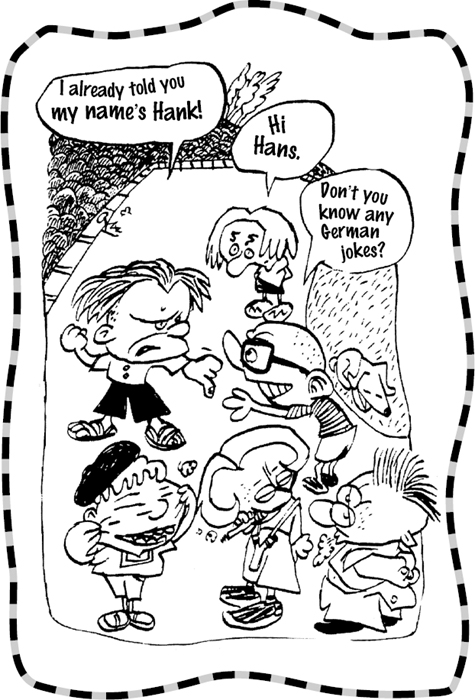
When she arrived in America, Bukowski's mother knew hardly any English. Hers was the traditional role in the patriarchal family; she had a master-slave relationship with her husband.
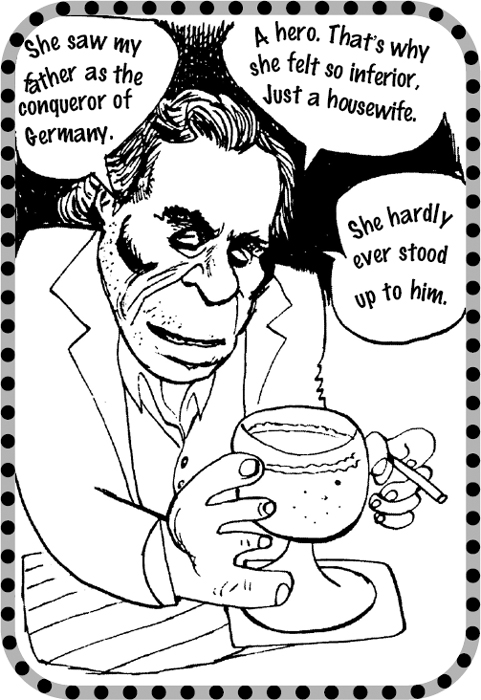
I always got the idea that she wanted to be on my side but it was an entirely false idea gathered from sucking her nipples at one time.
And the Bukowsk is were so old-fashioned. Perhaps lacking confidence in their own social standing, they were determined to maintain impeccably high standards, making, from the young boy's point of view, unreasonable demands.
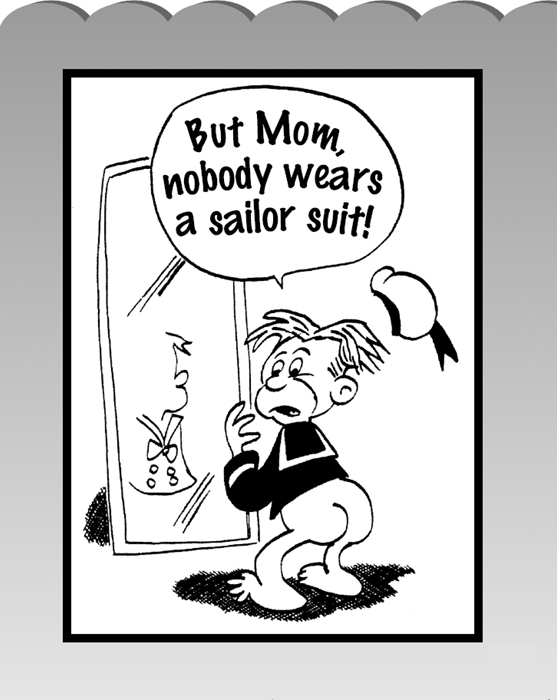
In the Depression following the Wall Street Crash of 1929, Charles found himself growing up in a family ruled by the iron hand of an intolerant father who was also not averse to inflicting corporal punishment for the slightest perceived infringement.
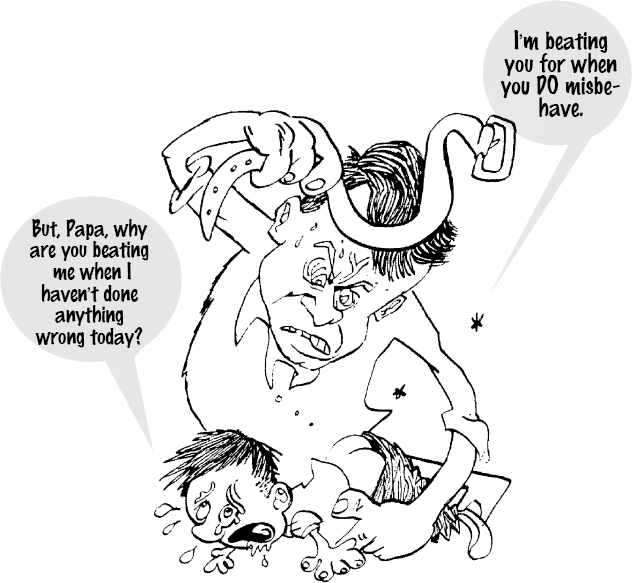
As a child, Bukowski was ugly, gloomy and reserved. His complex nature would often make him resort to sarcasm. He felt like a prisoner at home and an outsider at school. The rebelliousness that would inform his entire life was developing inside him.
I had some pretty terrible parents, and your parents are pretty much your world. That's all there is.
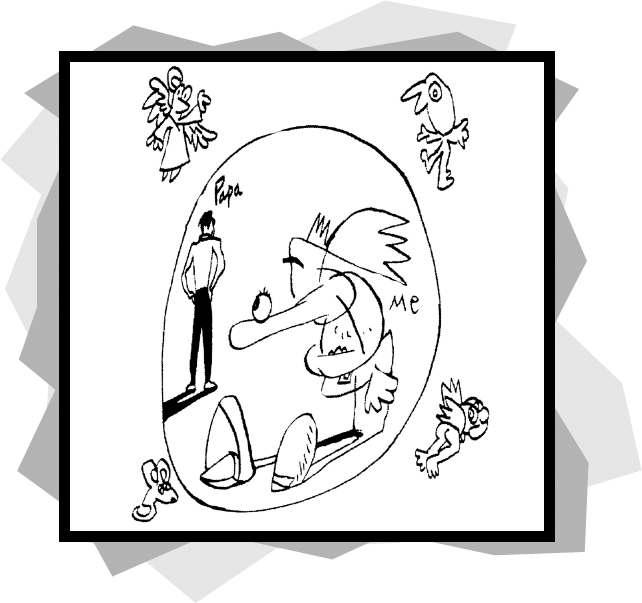
Henry Bukowski believed in the American dream. He was efficient at work and he had married the woman that God had sent him. He had a house with a garden that was fruitful. He rested on Sunday and abstained from alcohol. He paid his taxes. He was proud to have been a soldier. In public he played the good citizen.
Charles Bukowski (he eventually dropped his first name, Henry) spent half a century doing exactly the opposite. When he could find work, he was the worst possible kind of employee. He set up home with several women and split up with all of them. Only at the end of his life did he own a house with a garden. He drank gallons of alcohol. He avoided paying taxes. He made plain his dislike of good citizens. Although, during World War II, many of his acquaintances enlisted, Bukowski never wore uniform.
As a child, Bukowski suffered from severe acne which would scar him forever; I felt as if no woman would ever want to be with me. I saw myself as some kind of freak ...
But the young Bukowski found that when he started drinking alcohol, the pain that had marked his life disappeared for the first time. Also, alcohol would lead to independence. Emboldened by drink, he stood up to his father who merely banished him to sleep in the garage when he smelled alcohol on his breath. And then one day, when he was 19, Hank knocked his father out with a single punch and ran away from home. He would return a few times, but only for brief periods.
Next page
